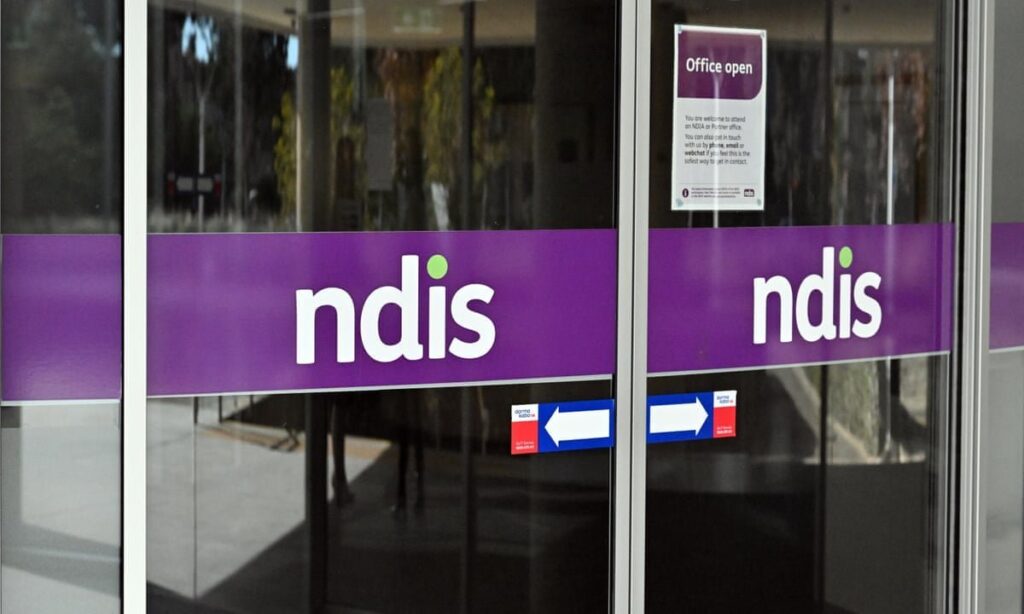Australia’s Mental Health Crisis: Experts Warn Thousands Are Being Forced onto NDIS Due to “Threadbare” Services
- Leading psychiatrist Professor Patrick McGorry slams the government’s approach to mental health, saying it’s like “palliative care” for those with psychosocial disability
- The NDIS is expected to cost a staggering $52 billion this financial year, with experts warning that early intervention could save the scheme billions
- Matthew Templeton, 27, has been living with schizophrenia since 2017 and is now a NDIS participant, but his mother says he was let down by the public system
Australia’s mental health system is in crisis, with thousands of people with psychosocial disability being forced onto the National Disability Insurance Scheme (NDIS) due to a lack of support elsewhere, experts warn.
Professor Patrick McGorry, a leading psychiatrist and former Australian of the Year, has slammed the government’s approach to mental health, saying it’s like “palliative care” for those with psychosocial disability. “What we’re spending money on is pretty much palliative care. We’re spending it on stage 4 and we’re not investing enough in stage 1 and 2 to prevent the emerging illness and the emerging disability,” he said.
The NDIS is expected to cost a staggering $52 billion this financial year, with experts warning that early intervention could save the scheme billions. Pramudie Gunaratne, NSW Chair of the Royal Australian and New Zealand College of Psychiatrists, agrees that early intervention is key. “When someone has psychosis, it’s like the clock starts ticking and we know the longer psychosis is left untreated the harder it is to treat,” she said.
Matthew Templeton, 27, has been living with schizophrenia since 2017 and is now a NDIS participant. His mother, Maree Templeton, says he was let down by the public system and had to fight to get him the help he needed. “People really and truly do not know what the mental health system is like,” she said. “It’s really so sad. I’m not just talking for my son. There are a lot of people that do have psychosis that need help … but they get turned away.”

Professor McGorry also warns that people who end up on the NDIS with psychosocial disability usually remain on the scheme due to a lack of support elsewhere. “It’s a one-way trip and it’s a trip that you probably don’t want to take unless you really have to,” he said.
The federal government is currently negotiating with the states to establish “foundational supports” as a new tier of services outside the NDIS for disabilities like psychosocial disability. However, experts warn that this may not be enough to address the crisis. Ian Hickie, co-director of Health and Policy at Sydney University’s Brain and Mind Centre, says that Australia’s systems of care for people with mental health conditions are “chaotic”.
Muriel Cummins from the Occupational Therapy Society for Invisible and Hidden Disabilities argues that the NDIS plays a crucial role in helping people with psychosocial disability. “For this group of people to have a quality of life, they need access to a broad range of supports that means that they can continue to live independently, they can continue to access support, to access the community, they can have support to have healthy, nutritious meals, support to look after their physical health,” she said.
The government has announced plans to cut the growth rate of the NDIS to 5 to 6 per cent, down from an interim target of 8 per cent that would see the scheme hit $105 billion a year over the coming decade. However, experts warn that this may not be enough to address the crisis. As one expert puts it, “the NDIS is just a Band-Aid solution to a much deeper problem”.

